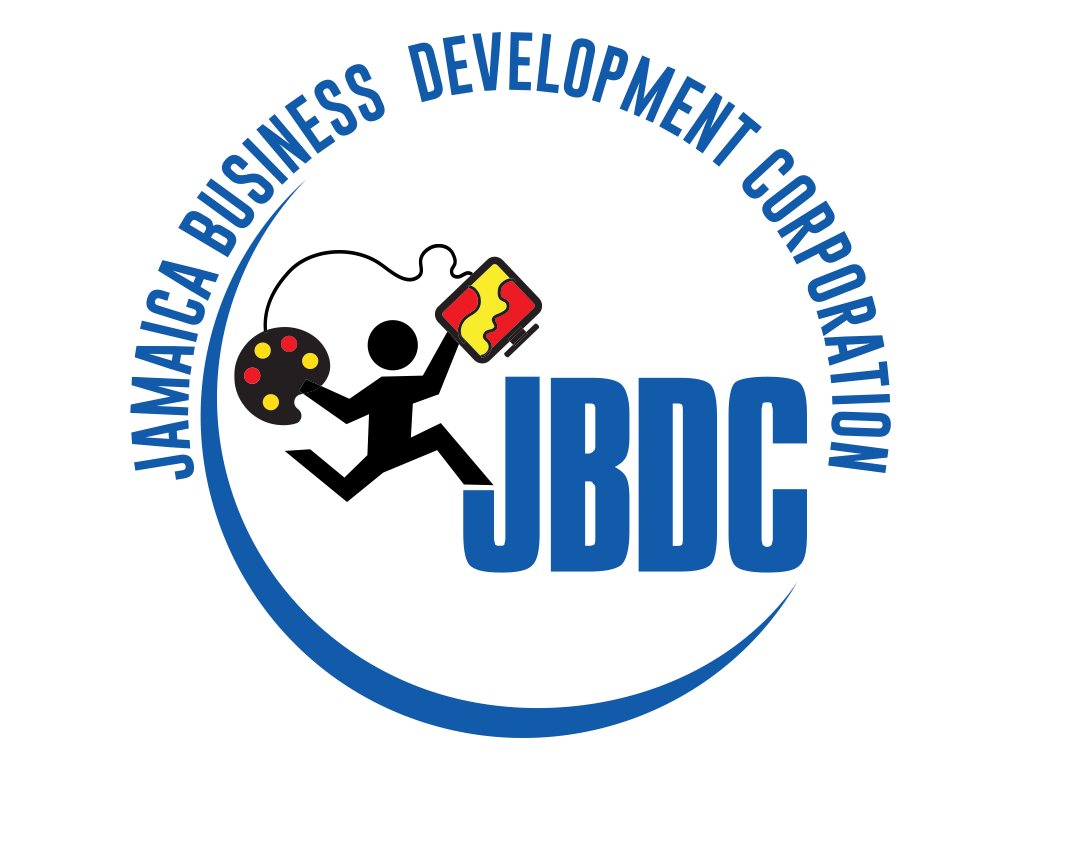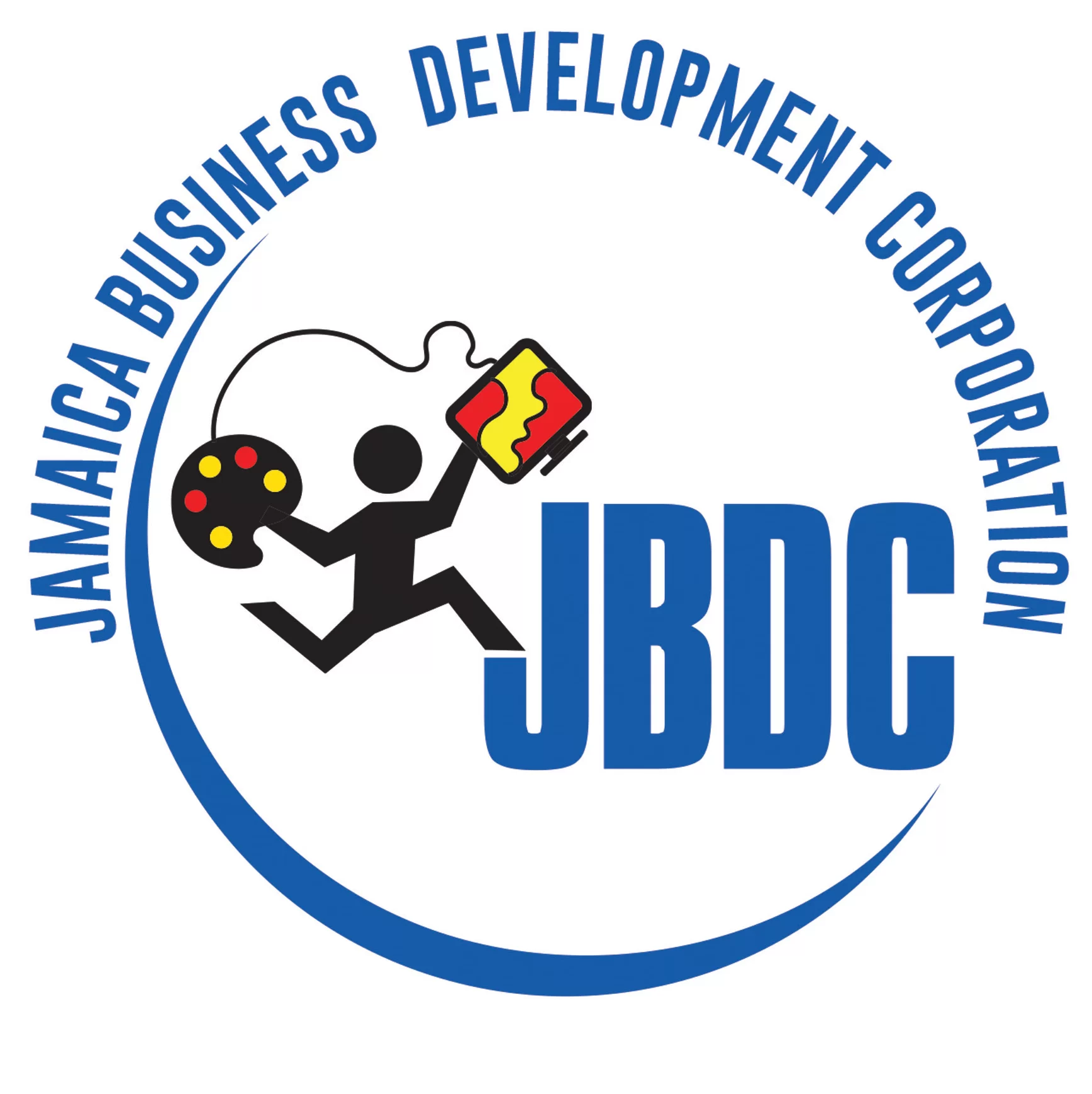As manufacturers continue to grapple with inconsistent supply of some inputs, vice-president of the Jamaica Manufacturers and Exporters Association (JMEA) Richard Coe has said that pre-existing issues related to logistics and supply chain disruptions were no longer at crisis levels even as other challenges continue to affect the sector.
Speaking at a Jamaica Business Development Corporation (JBDC) Business Dialogue Forum on Monday, Coe, who is also the managing director of Fleetwood Jamaica Limited, said that the disruptions mainly brought on by the novel coronavirus pandemic and further compounded by the Russia-Ukraine war were now more contained when compared to those seen in prior years.
According to a Jamaica Special Economic Zone Authority report, global supply chains have experienced substantial interruptions throughout the years due to a variety of factors, including geopolitical crises, natural catastrophes, pandemics, and even cyberattacks. As a result of the interruptions which have impacted the continuous flow of goods and services, there has been extreme backlog at ports, delays in manufacturing and processing, and a series of economic fallouts across the globe.
“The issue of supply disruption is not near as critical as it used to be; therefore, I wouldn’t call it a crisis as it’s not that bad now. However, we do have some challenges, a lot of which are not unique to us as like the rest of manufacturers across the world. We also continue to have issues with the supply of certain raw materials,” he stated.
The local manufacturer, however, noted that Jamaica, as a result of the size of its economy and spending power, has found it a litte more difficult to navigate when compared to larger nations and firms that usually have far greater resources to do so.
“As a result of our size and lack of wealth and political weight, we have been waiting near to the back of the line for goods from suppliers all over the world and to get near to the front we have had to pay more to get what we need. This, as limited availability of certain raw material due to increased demand ultimately leads to shortages and price increases, making it difficult for local manufacturers to secure the necessary inputs needed for production,” Coe said.
He said that while sourcing raw materials was definitely atop the factors affecting the country, there were other challenges, such as limited transportation infrastructure, high logistics costs and price volatility, customs and regulatory barriers as well as a limited availability of local suppliers that must be remedied in order for the country to enjoy the inflow of key inputs.
“As a country we need to develop better local supplier relationships, diversify sources for supplies and raw materials, invest more in supply chain technology for real time management of inventory as well as making provisions for forecasting while planning to combat future disruptions.
“By having contingency plans in place, manufacturers can minimise the impact of disruptions on their operations and remain competitive in the marketplace,” Coe said.
The JMEA executive said that with the pandemic forcing manufacturers to adopt a number of new practices, including the diversification of its supply chain, countries have had to forge partnerships in new markets, especially as they shift from solely engaging traditional source markets.
“As manufacturers we purchase products from all over the world, mainly the US and China, but what we have seen recently is a realisation that there needs to be greater self-reliance on the sourcing of raw materials. This may not be easy for us to do in the Caribbean, but I believe as a region we can do a lot in this regard, hence the islands need to come together to determine what the total need is and look at how we can put together supply operations in the region as opposed to solely relying on other countries,” Coe also said.
He further said that with Jamaica having one of the strongest brands globally, companies should begin to focus on redoubling their efforts to aggressively push products to market.
“We haven’t seen much push on the Buy Jamaica campaign and a recent exeperince reminded us that we needed to remind our customers that they should be considering Jamaican products first, so we came up a sticker and we’ve been in dialogue with the JMEA and Jamaica Promotions Corporation [Jampro] to resurrect the Buy Jamaica campaign. We’ve already printed these products and we are putting them all over our products so customers can know we are Jamaican made.
The Buy Jamaica campaign, which had it genesis carved out since the last decade, seeks to increase awareness of locally manufactured products and services, targeting increased sales and revenue for Jamaican businesses. The idea is that by buying local it will help to stimulate employment, retain valuable foreign exchange, generate revenue for the Government to undertake socio-economic programmes, encourage the expansion and modernisation of the manufacturing sector, and improve the overall standard of living.
“One of the issues we face is being able to supply to meet the kinds of demands for many of our products and being able to do so competitively. The issue of pricing our inputs and consistency are matters that affect how well we do and how the brand is viewed in the market. If we can’t get inputs on a consistent basis it changes the end product and it also affects the perception of the brand. It’s, therefore, important that as we encourage new players to go into markets that these become key considerations in the process. Considerable opportunities exist, but we also need to deal with some of our supply side constraints,” stated Marlene Porter, manager of sales and promotions at Jampro.
Source Jamaica Observer:https://www.jamaicaobserver.com/business/no-crisis-of-inputs/








